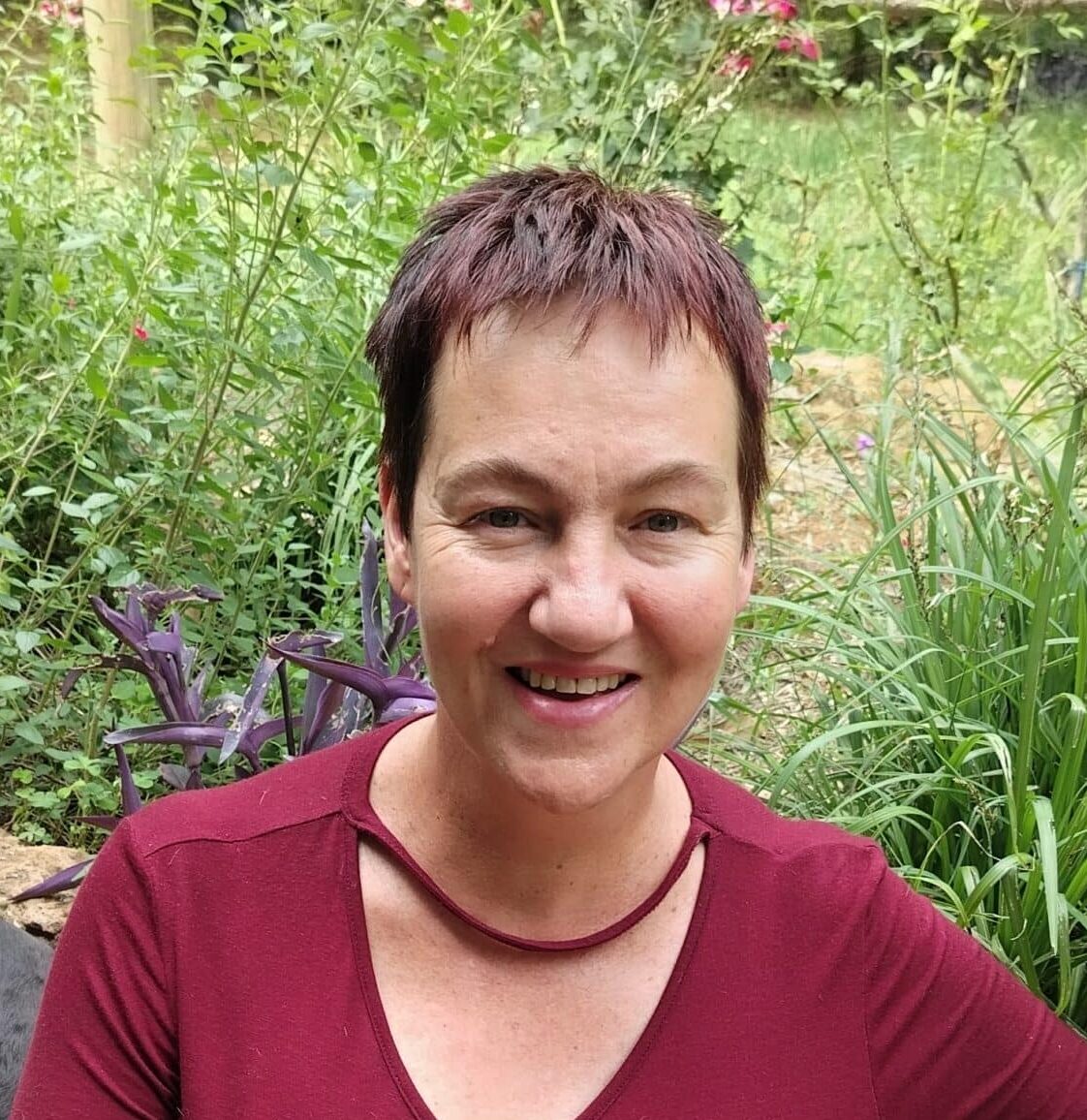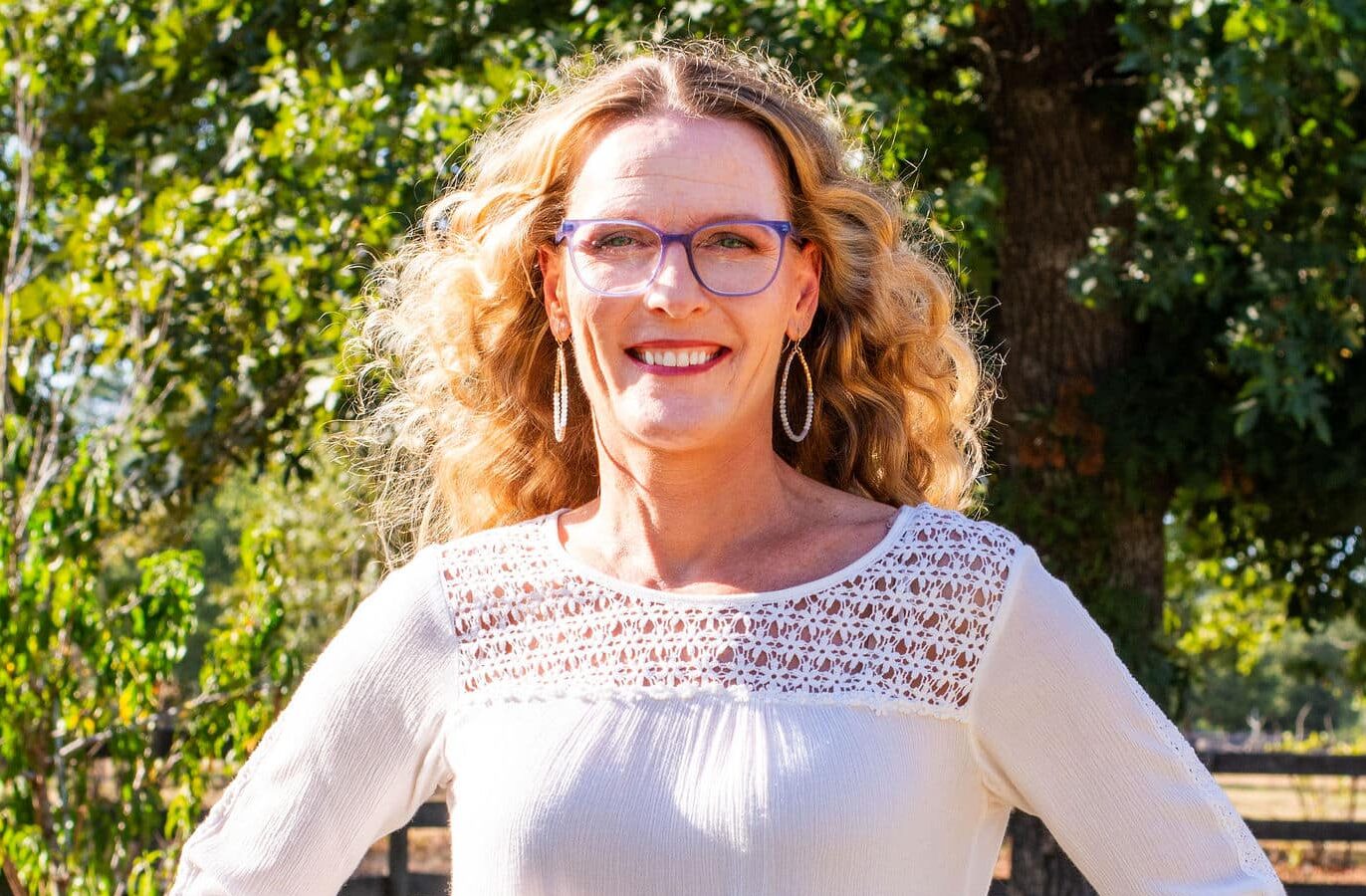If you’re exploring a career in health and wellness, choosing the right health coaching program is a big decision. With so many options available, it’s essential to make sure the program you select aligns with your personal goals, professional aspirations, and the way you want to show up for your future clients.

Here are 10 key questions to help guide your decision—and a deeper look at how health coaching programs differ from more diagnostic or information-heavy training options.
1. Is this a coaching program or an informational/diagnostic program?
Before diving into any program, understand the difference between learning about health and learning how to coach someone to better health. Some students come to FMCA after initially choosing programs like Functional Diagnostic Nutrition (FDN), only to realize they had all the lab skills—but no way to connect, guide, or support real people through meaningful change.

Diagnostic tools are powerful—but in isolation, they rarely lead to sustained results. Coaching gives you the vehicle to deliver transformation. If you want to be the one who bridges the gap between knowing what to do and actually doing it, make sure the program teaches evidence-based coaching skills, not just protocols and data interpretation.
Curious what the studies say about health coaching? Explore over 100 health coaching efficacy studies here.
2. Is the program approved by the National Board for Health & Wellness Coaching (NBHWC)?
The NBHWC sets the standard for health coach training. A program that is approved by the board demonstrates rigorous training in coaching competencies, ethics, and communication techniques—key elements you need to be taken seriously as a professional health coach.
Check out this episode of Health Coach Talk diving into the must-know tips to pass the NBC-HWC Exam after graduation from FMCA:
3. Does the curriculum include functional medicine?

Functional medicine gets to the root of health issues, not just the symptoms. Programs like FMCA are unique in offering functional medicine-based health coaching, developed in collaboration with The Institute for Functional Medicine (IFM). This positions you to work alongside functional medicine doctors and practitioners in clinical or collaborative care settings.
Curious to learn more about functional medicine? Check out our full guide here.
4. Will I learn how to coach—not just tell people what to do?
Health coaching is not about prescribing or diagnosing. It’s about partnering with clients, empowering them to take ownership of their health, and helping them build confidence and self-efficacy. Look for a program that teaches motivational interviewing, behavior change theory, and coaching structure.
We recently had two FMCA Alumni on Health Coach Talk to discuss the power of motivational interviewing. Listen to the full episode:
5. Who teaches the course—and do they walk the walk?
Are your instructors board-certified health coaches? Do they have real-world experience coaching clients or teaching at the graduate level? At FMCA, you’ll learn from pioneers in functional medicine and leading health coach educators who are deeply involved in shaping the future of the industry.
Who will you learn from when you choose FMCA? Meet FMCA’s World-Class educators here.
6. Is the program 100% online, and does it fit my schedule?
Flexibility is key for adult learners and career changers. Look for programs that offer asynchronous learning combined with live training or mentorship. FMCA’s yearlong certification is designed to be accessible no matter your time zone or schedule, with built-in community and support.
Download FMCA’s Prospective Student Guide here to learn all about the true experience of FMCA’s program.

7. Does the program offer international support and a global community?
Health coaching is growing worldwide, and students outside the U.S. need a program that understands the nuances of practicing across borders. FMCA welcomes students from 50+ countries, offering a strong support system and a vibrant international community of like-minded peers.
Read how FMCA is supporting health coaches across the globe.

8. Will I get practical, hands-on experience?
Theory is important, but practice is where true learning happens. FMCA students work with real clients during training through supervised coaching sessions. Ask if your chosen program offers mentorship, feedback, and opportunities to grow your skills in a safe learning environment.

9. What kind of support and community is included?
Learning how to coach can be deeply transformational—but it’s also personal. Does the program foster a supportive, inclusive, and growth-oriented community? At FMCA, students often say our community is one of the most valuable aspects of their experience.

10. What are the graduate outcomes?
What do graduates go on to do? Do they find work in clinical settings, corporate wellness, private practice, or niche coaching specialties? FMCA grads have become thought leaders, podcast hosts, authors, and team members in some of the most prestigious wellness organizations. Ask about success stories—and see if they align with your own vision.
Read and watch more about FMCA Alumni and see what they’re doing after graduation!

Most importantly, does the program feel right for you?
There’s no shortage of options when it comes to health and wellness training. But if you’re looking to create lasting transformation in people’s lives—and not just hand them a protocol—coaching is the difference-maker.
At FMCA, we believe that health coaching is more than a career. It’s a calling to serve, to listen deeply, and to partner with others on the path to wellness. If that sounds like the future you’re ready for, we’d love to welcome you to our community.
March 2026 Enrollment Open
Enrollment Closes
02/17/2026
Need More Information?
Explore our Functional Medicine Health Coaching Certification and see how our curriculum equips you with the tools, skills, and confidence to guide lasting change.
💡 Learn more about our curriculum »
📞 Schedule an admissions call »—we’d love to connect with you and answer any questions!
Our Latest Blogs
-

Student Spotlight: Sonja Brink
Read Full Article: Student Spotlight: Sonja Brink -

Alumni Spotlight: Angela Balboa
Read Full Article: Alumni Spotlight: Angela Balboa -

FMCA Community Impact Scholarship Recipients For March 2026 Announced
Read Full Article: FMCA Community Impact Scholarship Recipients For March 2026 Announced

